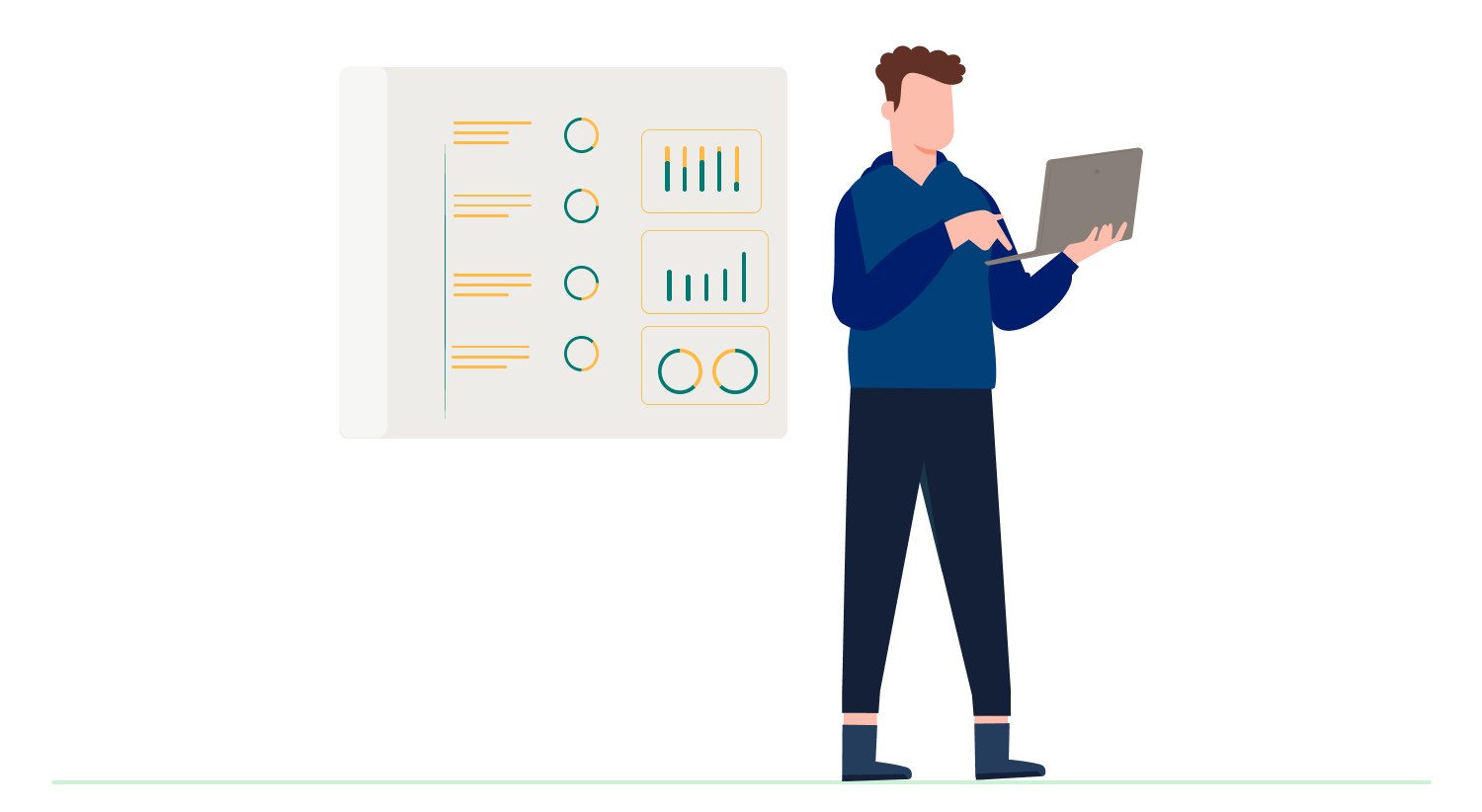What Is Seed Capital? [Definition and How to Get it]
June 29, 2021 Max 4min read

What is seed capital?
Seed capital is the comparatively small initial investment made to a startup. The name itself suggests that it is the most initial funding, the seed for the company’s growth journey.
You need it for the initial market research, need-finding, product development, and other early-stage necessities.
Generally, founders, friends, family members, or angel investors provide seed capital. They put money in the startup for some equity interest.
Seed capital gives a start to the business to carry out the initial tasks.
Like you can spend the seed capital on market research, initial product designing, website building, prototyping, and more. Product owners can use seed capital to fund their products and deploy the necessary product management tools.
Seed capital vs. Venture capital
You’ll find several differences between seed money and venture capital regarding disparities. The distinctions are obvious and unmistakable.
The first distinction you’ll notice is that venture capital is primarily for large corporations. You don’t need venture capital if you’re starting your firm. You’re not going to receive it.
Because the investors are interested in large corporations, only a small group of people could get venture capital. They had a well-defined plan for forming a large corporation. The majority of the time, technical firms are preferred.
On the other hand, seed capital is primarily for those just beginning out.
Another significant distinction between venture capital and seed capital is the fund’s diverse funding sources.
Most angel investors who participate in seed capital investments do so with their assets.
In contrast, when it comes to venture capital, the money does not come straight from the pockets of the inventors.
The funding for venture capitalists comes from a pool of professionally managed funds that belong to others. This is the primary reason they do not invest in ordinary people. This danger may be excessive.
Another difference is the amount of money released.
While seed capital is typically not a large sum of money, venture capital is typically a sizable sum that can assist a large company is taking off.
The investors who are usually involved in the company’s growth get sponsored in this situation.
How to get seed capital for business?
Be Certain That The Time Is Appropriate
The initial step in the funding process is to establish if the timing is appropriate (or if you need seed funding).
It should depend on two factors:
- Whether or not you’re willing to give up a piece of your business
- If you can convince an investor that you’re a worthwhile investment by meeting their requirements.
Pick Your Source of Funding
There are several ways to obtain seed money, each with advantages and disadvantages.
Venture capitalists:
Venture capitalists (VCs) are companies that specialize in helping capital to businesses.
They’re the most common funding, especially as you progress through Series A and beyond.
Angel Investors:
Angel investors are affluent people who invest their money into early-stage enterprises. VCs, on the other hand, invest other people’s money.
Crowdfunding:
Crowdfunding has grown in popularity, with platforms assisting hundreds of entrepreneurs in launching their businesses.
Incubators and Accelerators:
Accelerators and incubators, such as Y Combinator, are businesses that help entrepreneurs begin and build their businesses.
Bootstrap:
It’s crucial to note that not all businesses require outside capital to prosper.
Bootstrapping is pouring your money into the business or depending on any earnings to reinvest in future growth.
Calculate the amount of seed money you’ll require:
We already know that the average seed investment is between $500k and $2 million, so we have a ballpark figure.
However, investors don’t like guesses, so you’ll need to figure out how much money you’ll need.
Plan to Contact Potential Investors
For investors to feel confident and assured about investing in your startup, they should see evidence of potential performance.
Some of their choices will be subjective (whether they believe you and your team are the right individuals to bring the vision to life.) However, accurate plans and financial forecasts are what investors want to see.
Make a list of possible investors.
Obtaining startup capital can be a lengthy process, requiring you to speak with many possible investors.
Interact with Seed Investors who are Interested
You’ll improve your ability to meet with investors over time.
The good thing is that you’ll almost certainly have to speak with several different investors before agreeing to a contract, so you’ll get that experience rapidly.
Finalize the Deal
Many entrepreneurs find it challenging to negotiate.
Your VC or angel investor probably has a leg up on you because they do this every day and are usually far more experienced.
It’s therefore preferable to avoid negotiating instantaneously.
It’s enticing to take the first offer you get since you don’t want to wait long. It’s worth negotiating on things like equity compensation where you can.
What are some seed capital examples?
- Usually covers the price of putting out a business proposal.
- Used to promote business or product concepts.
- It is essential because traditional bank financing may be hard to obtain due to the new company’s lack of financial records.
- Investing in a startup is frequently the initial step.
You may also be interested in:
FAQs
To give the business a start and run the early-stage operations. Let the company exist in the market and prepare for a growth journey.
To give a start to the business, to run the early stage operations. To let the business exist in the market and prepare for a growth journey.
Private investors offer funding in exchange for an ownership stake in the company. Or a percentage of the earnings from a product.
The average period is between 12 and 18 months.
